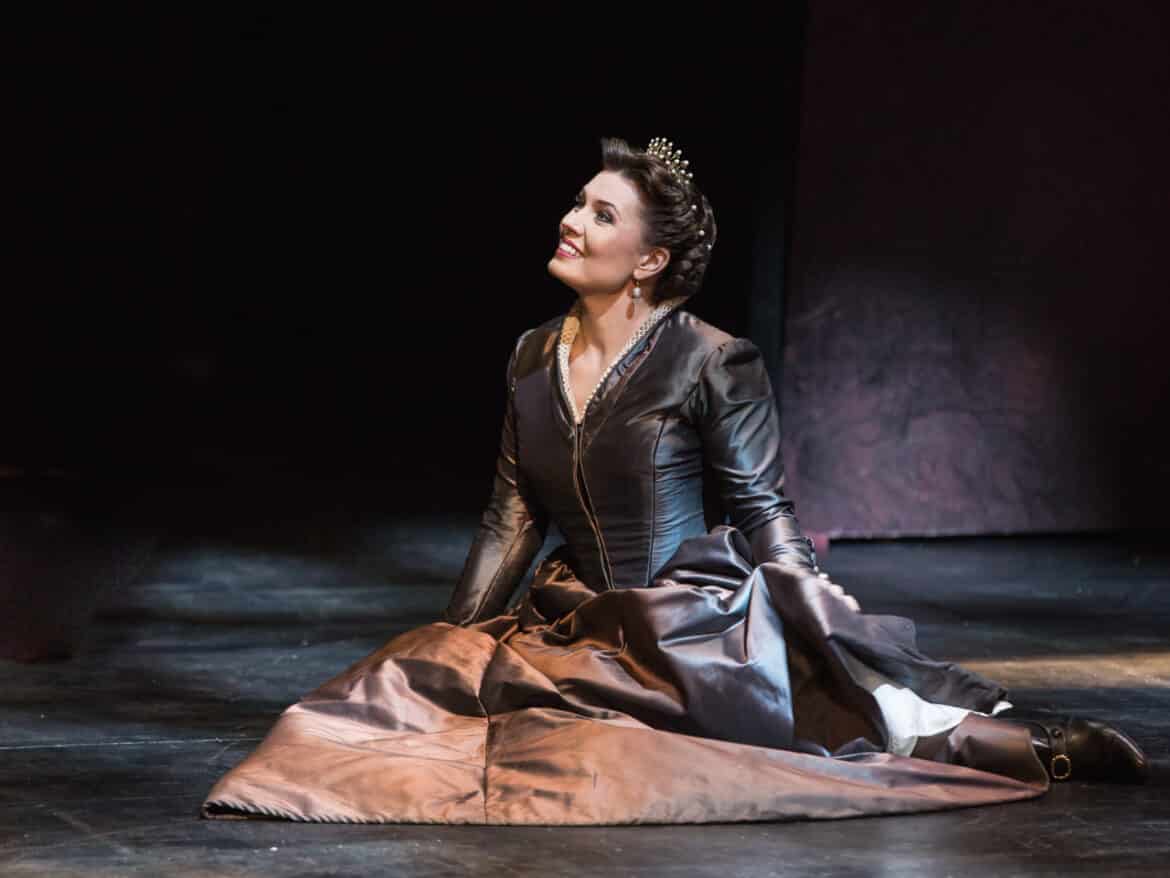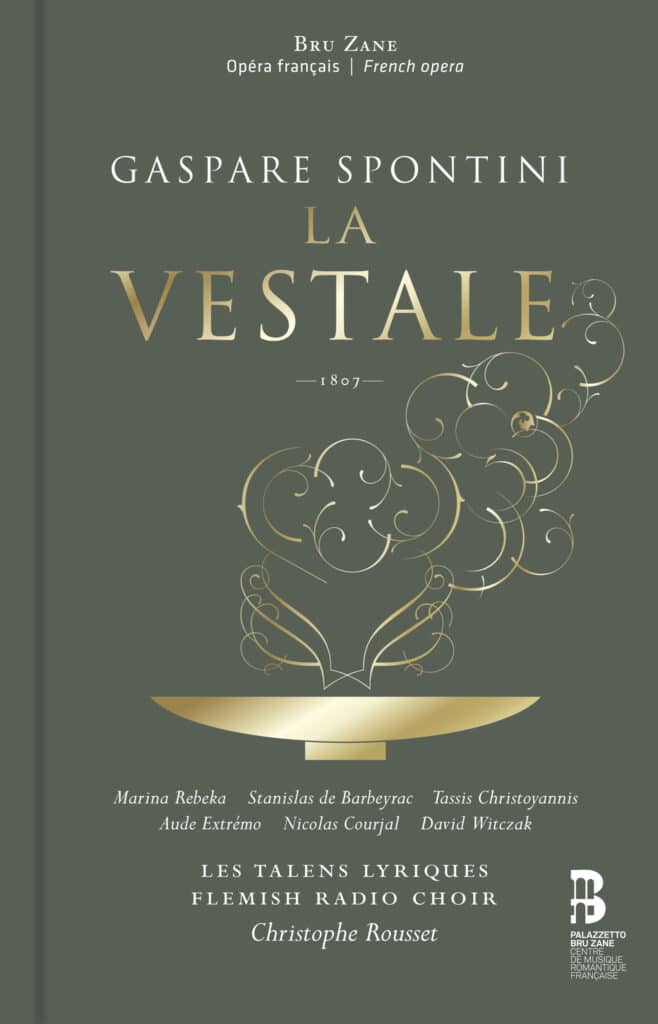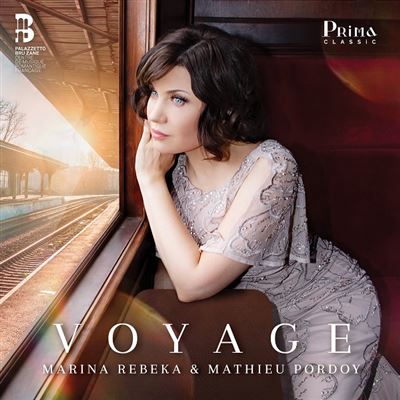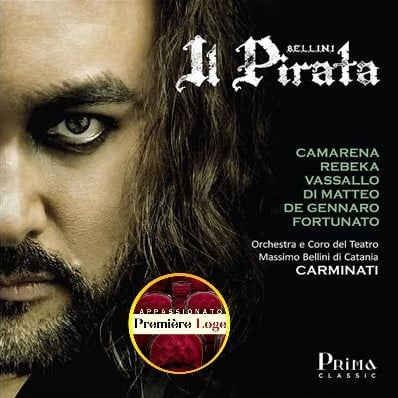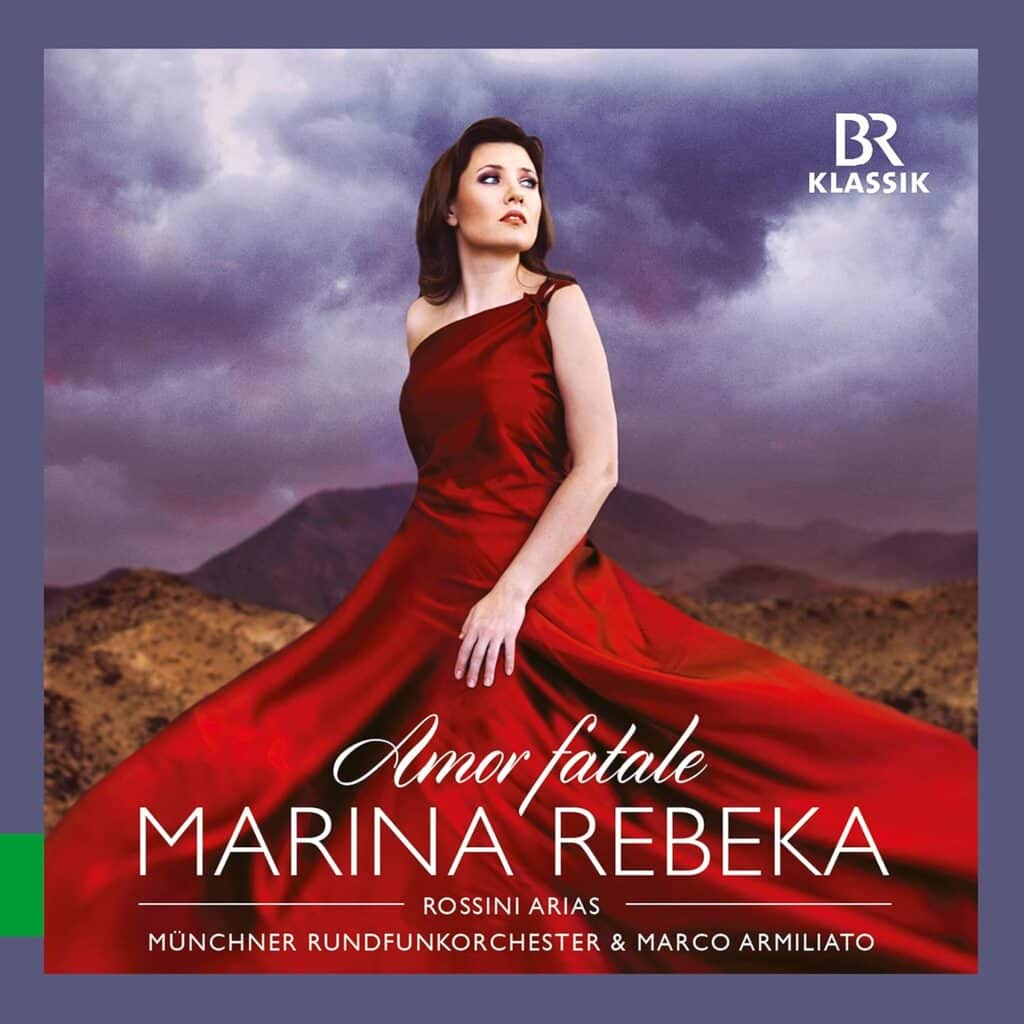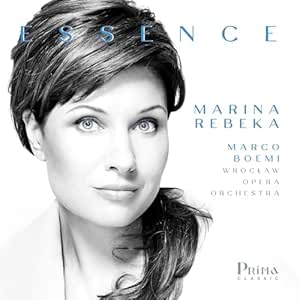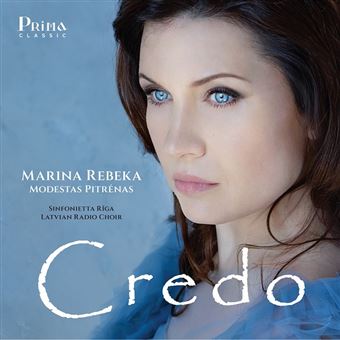Marina Rebeka and France have a longstanding love affair: not only does the Latvian soprano appear regularly on our stages (Toulouse has not forgotten her magnificent Norma, nor Paris her Bolena or her Vestale!), but she also very often sings in our language. The Opéra Bastille welcomes her this month for a new role: Elisabeth in the original French version of Verdi’s Don Carlos. Première Loge takes this opportunity to talk to Marina Rabeka about her conception of the role, her aspirations and the many projects that await her…
Stéphane LELIEVRE : You’re back at the Opéra Bastille with a new role: Elisabeth in Don Carlos. What does it mean to you to be singing this opera in its original French version on the first Parisian stage?
Marina REBEKA : First of all, I have to say it is very exciting for me to face this big, demanding and beautiful role. I already have experienced performing in French in France (Massenet’s Thais at Monte Carlo, Spontini’s La Vestale at TCE), and I have always felt very welcome in this country. I love French language, French cuisine, culture, music and French audience!
I enjoy my time in Paris rehearsing this amazing masterpiece of Verdi with colleagues, who are also my friends. Don Carlos is sung by wonderful tenor Charles Castronovo, with whom I worked a lot before, and also recorded La Traviata for my record label Prima Classic.
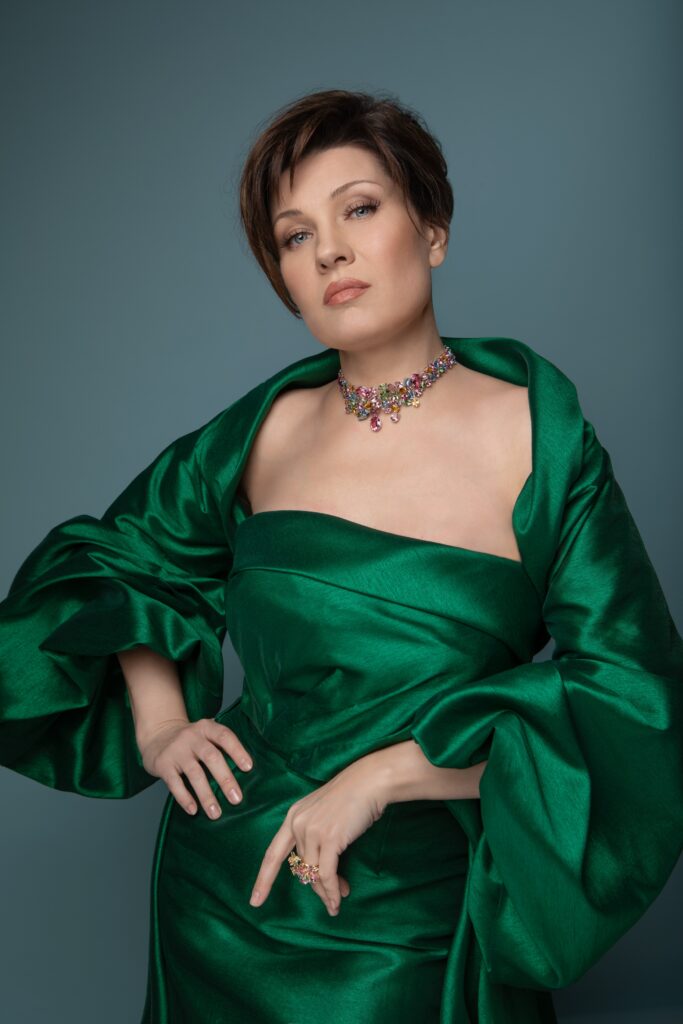
S.L. : So this will be the French version in five acts, with the Fontainebleau act. Of the different versions of the work (in Italian, in French, in four or five acts), which do you prefer?
M.R. : As this is the first time I face this role, I convince myself there are no other versions. It would create a huge confusion in my mind. I think this version is the longest and, maybe, the most demanding one, but I cannot say this for sure before I have sung another version.
S.L. : What vocal difficulties does the character of Elisabeth pose? Isn’t the tessitura lower, or at least more “central” than your usual roles?
M.R. : The tessitura is not lower than I vespri siciliani, Butterfly or, especially, Cherubini’s Médée, that I recently performed in Berlin and La Scala.
This role is demanding in both high and low registers, which means far more “belcantistic” and pure approach than Puccini, Cilea, Tchaïkovski or veristic repertoire.
I search for the nobility in my sound and in my behaviour. Surely, I cannot imagine what it is to be a queen, but I can study a psychological portray of according to how Verdi saw her.
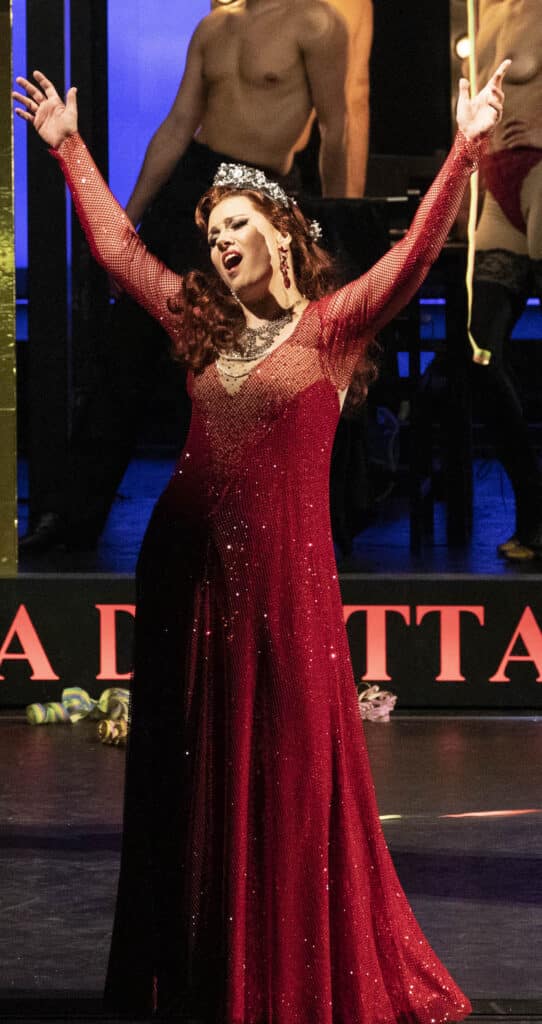
S.L. : You sing quite often in French, on stage or on record: Thaïs, Juliette, Leïla, Micaëla, not forgetting the very fine Voyage album released in 2022. Do you enjoy singing in French? Or does it pose any particular difficulties?
M. R. : At my first approach I was terrified of singing in French. But once you are gone through 5 French roles, some chamber music, and done lots of coachings, you will find your French very musical and sensual.
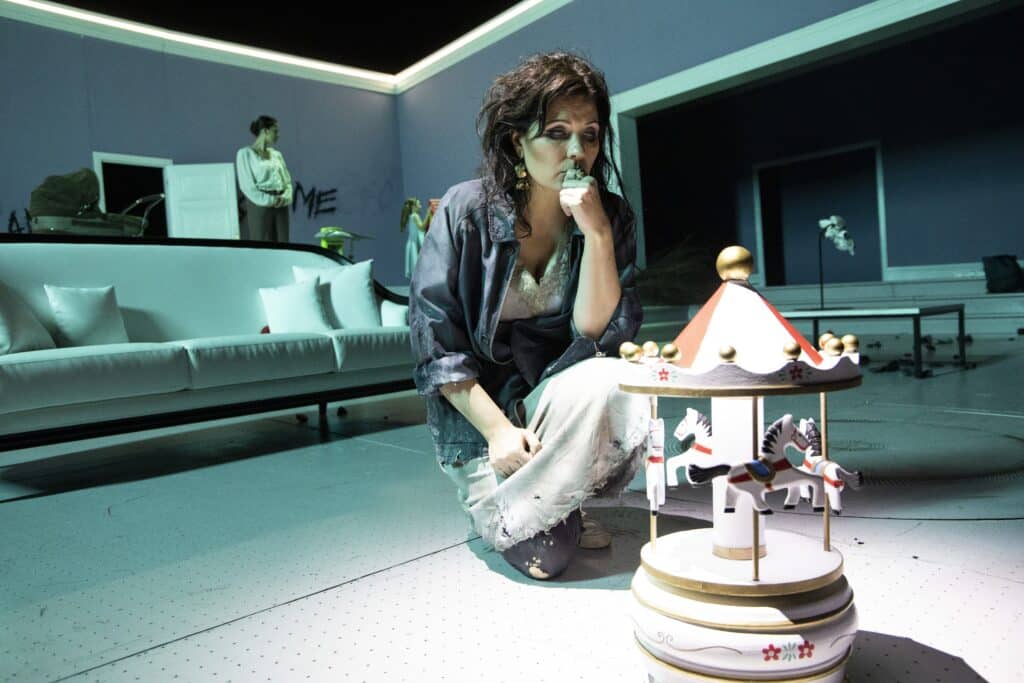
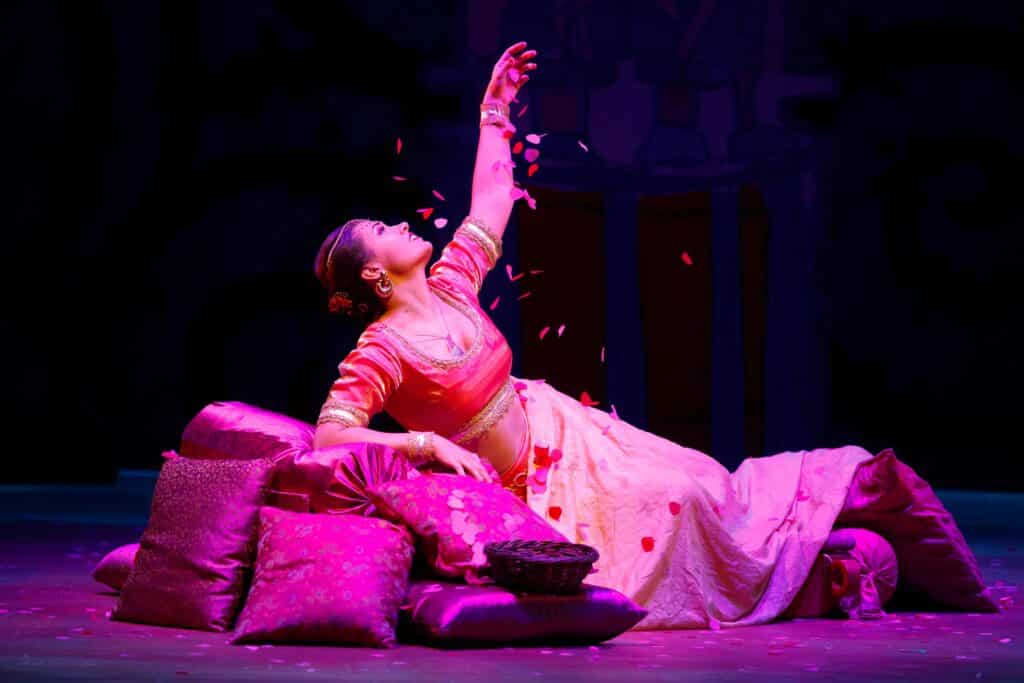
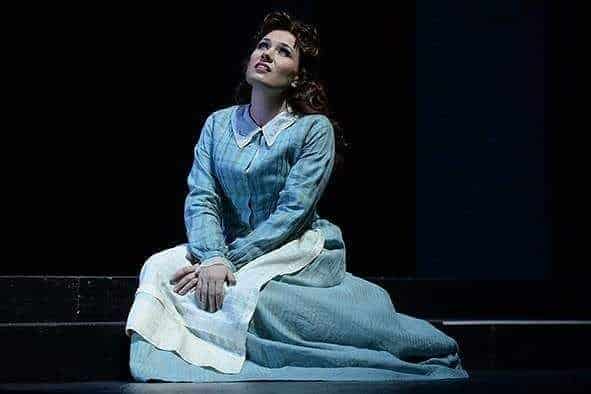
S.L. : Mathilde in Guillaume Tell, La Vestale, Elisabeth in Don Carlos, Anaï in Moïse et Pharaon: you seem to be very fond of certain ‘Franco-Italian’ roles! Would you like to add others to your repertoire if offered the chance? Palmyra in The Siege of Corinth, for example? Or Hélène from I vespri siciliani, which you sang successfully in Italian at La Scala in 2023?
M.R. : In fact I will be doing Hélène in Les Vêpres siciliennes in the next season !
Spontini, La Vestale, "Ô, des infortunés..." (Les Talens Lyriques · Christophe Rousset)
S.L. : Your career is balanced between the great roles of the repertoire and rarer works (Thaïs, I due Foscari, Giovanna d’Arco, Il pirata, Handel’s Teseo, La battaglia di Legnano, etc.): is it important for you to seek out lesser-known titles and help audiences rediscover them? Are there any more or less neglected works today that you’d like to bring to light?
M.R. : I find it challenging to face less known roles, also because they force you to search for new technical solutions and expand your musicality.
I would love to do more Massenet (Esclarmonde, La Vierge), Halevy’s La Juive, Bellini’s Beatrice di Tenda, or War and peace from Prokofiev. Question is always if I can find time to study them as I hate to arrive unprepared and I also need to have holidays at least once a year.
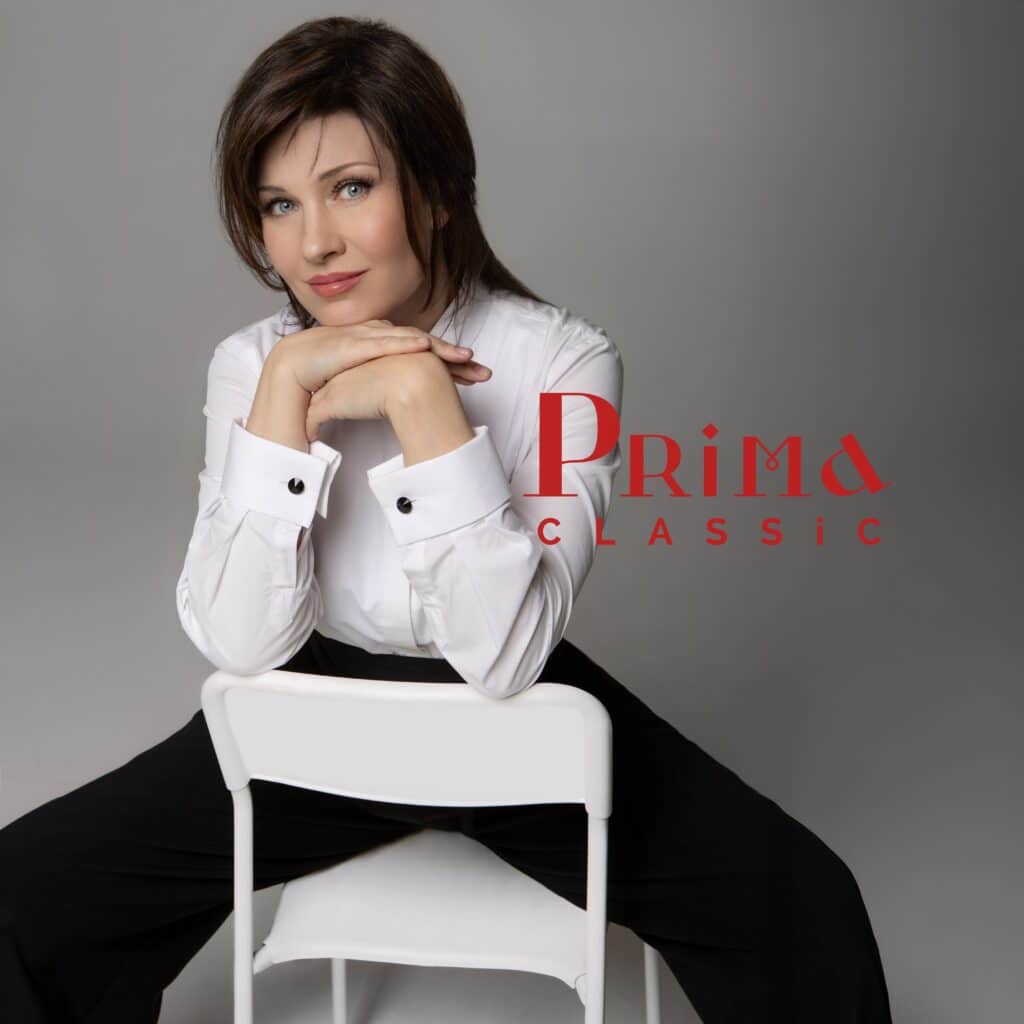
S.L. : The Prima Classic venture has been a great success, with a number of CDs that have been highly praised by the critics and appreciated by the public: La traviata, Il pirata, and, very recently, Norma in a very interesting critical edition. Do you have any other recording projects for this label, or at least any other desires?
M.R. : Yes indeed, Prima Classic has grown a lot and it is not a one-singer-centered record label.
Edgardo Vertanessian, co-founder of the label, and I have now produced 93 albums, we collaborate with 98 artists from 25 different countries from which 25 singers, 9 orchestras, 7 choirs, 11 conducters and 46 soloists instrumentalists, several of our artists have more than 10 million streams, we have gained recognition and awards from ICMA (international classical music award), Diapason (Diapason d’Or), Première Loge (Appassionato), Opera (Diamant), Classica (Choc), Opera News (critic’s choise), BBC Music Magazine (Record of the week and 5 starts), Pizzicato (Supersonic Award), and many others. It is exciting!
Obiously, our full opera recordings attire a lot of attention, especially if recorded in studio, because it takes a great effort to make them. We made special critical editions for Il Pirata and Norma. This year we are less ambitious, but there is still a very nice recording coming out – Verdi’s Simon Boccanegra with Ludovic Tezier, Francesco Meli, Michele Pertusi and me, conducted by Maestro Michele Spotti and recorded from live shows in Teatro San Carlo in Naples. I say it is a less ambitious project as it has no critical edition behind it, but it is still a full opera, greately sung and conducted.
I would love to release much more studio recordings, but, as you imagine, it takes a huge effort, logistics, and money resources. For the moment my career is quite active, and combining all is quite demanding.
S.L. : After Don Carlos, your immediate projects include recitals in Barcelona and Madrid, your return to La Scala for Norma, Aida in Verona… Are there any other deadlines that are important to you? Or is that still ‘top secret’?
M.R. : I am not allowed to announce new season engagements before the theater announces it.
All I can say, in the middle of Don Carlos shows in Paris I will perform in La Scala with La Scala orchestra conducted by Maestro Michele Spotti, singing a recital for the opening of a prestigious Salone del Mobile festival. After Don Carlos I go in tournee with London Symphony orchestra and Maestro Dudamel, performing Ravel’s Sheherazade in Barcelona Gran teatre del Liceu, Madrid Auditirio Nacional de Musica de Madrid, and Barbican center in London, after that in June I sing a Rachmaninov Song recital with Mzia Bachtouridze at the Oper Frankfurt, then another Gala at the Gran Teatre del Liceu in Barcelona, and then I perform Norma in La Scala, followed by Aida in Arena di Verona.
Future engagements will include Hélène in Les Vêpres siciliennes, Aida, Eleonora in Verdi’s Trovatore, Donizetti’s Lucrezia Borgia, Cherubini’s Médée, and Abigaïlle in Verdi’s Nabucco. Lots of debuts and great music ahead!
Marina Rebeka's CD andDVD / Blu-ray : our selection
-
Marina Rebeka sings Verdi :
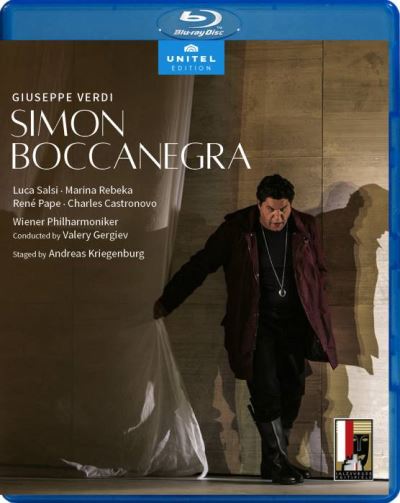
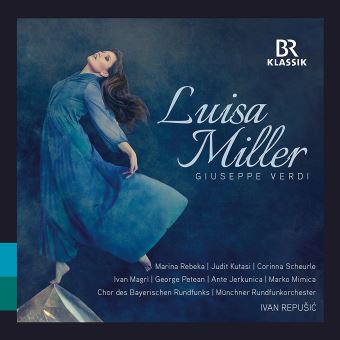
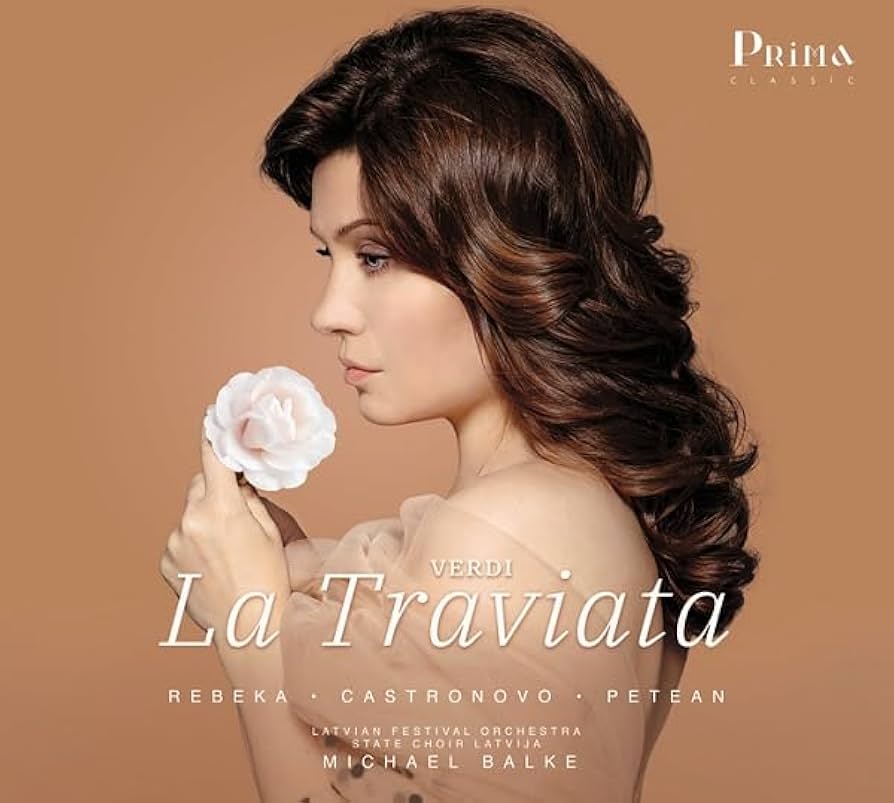
-
Marina Rebeka sings the French repertoire
-
And also :

